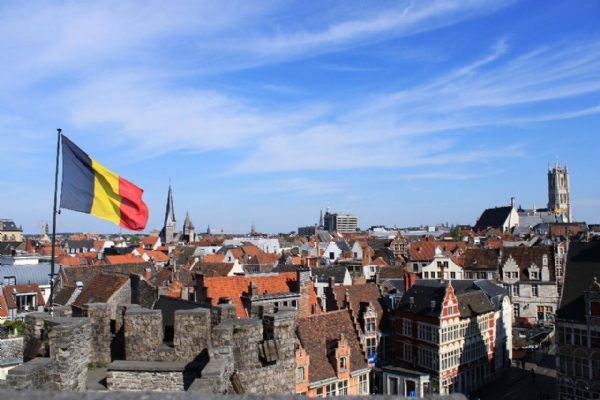First in world, Belgium to quarantine monkeypox patients
On May 7, a case of monkeypox have been confirmed in the UK, Portugal, Sweden, Italy, Spain, France, Belgium , Germany, the US, Canada and Australia.
Total Views | 114
Brussels, May 23: Belgium has become the first country to make the 21 day quarantine compulsory for the monkeypox patients after four cases of the disease have been reported last week. The Belgian Health authorities took the decision on May 20.

Microbiologist Emmanuel Andre, in charge of the National Reference lab for COVID 19 in Belgium, shared on twitter that fourth case has been confirmed in the country. He tweeted referring to a festival held at port city in May, "This patient is being treated in Wallonia and is linked to the Antwerp event in which two other people were infected."
The Belgian Institute of Tropical Medicine has said that the risk of a larger outbreak in the country is low. On Saturday (May 21), World Health Organization (WHO) reported that there were a total of 92 confirmed cases in 12 different countries, with 28 suspected cases under investigation. On May 7, a case of monkeypox have been confirmed in the UK, Portugal, Sweden, Italy, Spain, France, Belgium, Germany, the US, Canada and Australia.
According to the WHO, monkeypox is a viral zoonosis (a virus transmitted to humans from animals) with symptoms very similar to those seen in the past in smallpox patients, although it is clinically less severe. With the eradication of smallpox in 1980 and subsequent cessation of smallpox vaccination, monkeypox has emerged as the most important orthopoxvirus for public health. Monkeypox primarily occurs in Central and West Africa, often in proximity to tropical rainforests and has been increasingly appearing in urban areas. Animal hosts include a range of rodents and non-human primates.






